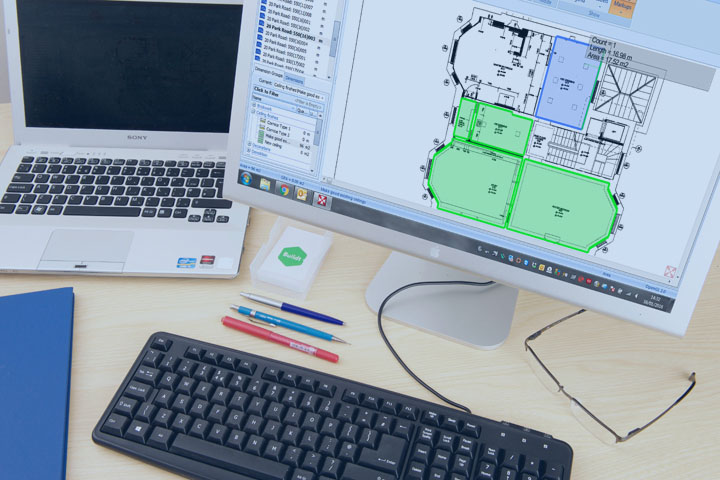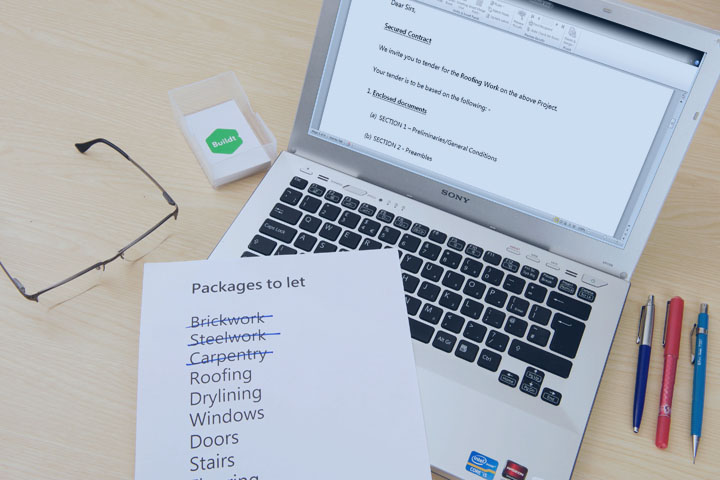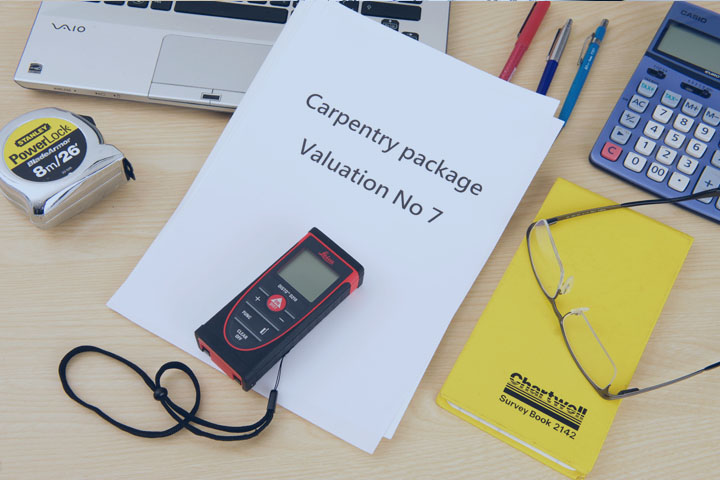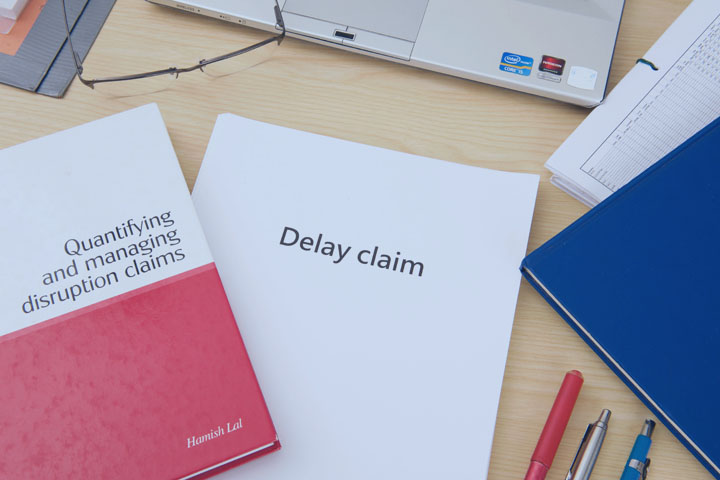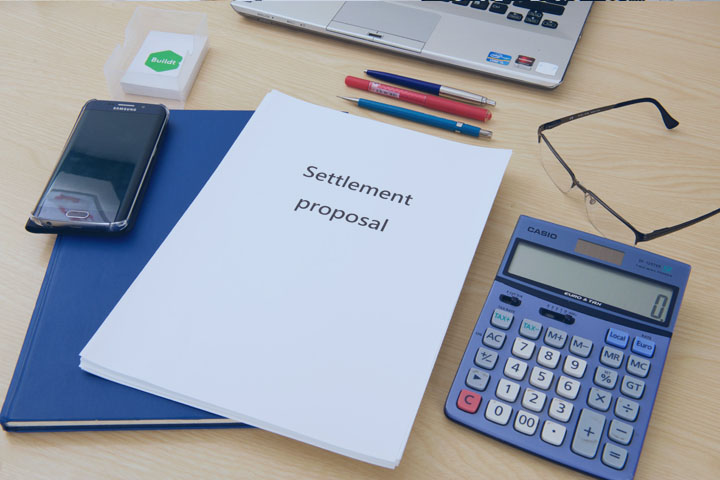Large construction companies often have in-house cost value reconciliation (CVR) processes focusing on this vital (but often underused) project management tool.
For builders and construction firms of more modest means, CVR is equally important; yet the resources available to plan, manage and undertake CVR are usually less. That’s a shame, because being able to monitor current project costs and projected future cost could make the difference between profit and loss.
All aspects of cost value reconciliation services
Whether it’s a £50k comms room fit-out or a £50m luxury residential project (we’ve worked on both), the principles are similar. So are the implications for contractors of spending money, but getting nothing out during a project. Too often, without a robust CVR mechanism, unnecessary losses go unchecked. We’ll help you avoid this.
Since the 1990s, working on diverse construction projects, we’ve built valuable experience with the main components of CVR services for construction. These include the following:
- Tender margin reconciliation
- Planned vs. actual cost analysis
- Works to let assessments
- Forward work projections
- Project turnover projections
- Under- and over-value reconciliation
- Subcontractor liabilities
- Final cost and value projections
For more information and a no-obligation consultation on cost value reconciliation, please call 01483 853 149 or This email address is being protected from spambots. You need JavaScript enabled to view it.
More about Cost Value Reconciliation
Cost value reconciliation (CVR) monitors and measures actual expenditure against budgeted project expenditure. It tracks margin progression from initial entry margin to the final exit margin on project completion.
CVR gives you a running account of the project’s profitability by comparing cost and value at given points in the project lifecycle.
Demonstrating the value of work done
Think of CVR as demonstrating the value of work, including profit, to show a bottom line. CVRs are generally calculated alongside (monthly) interim valuations and on final contract completion. At this point, they inform project managers and help them negotiate final accounts.
Taken a stage further, analysis of historical CVR reports can support forecasting the profitability of future work. CVRs monitor earned value against budgeted value. That means they’re useful for spotting problems before they get out of hand (or avoiding their repetition). Whether you're a main contractor or subcontractor, we help you harness this powerful management tool.
CVR – an underused construction management tool
Cost Value Reconciliation is still relatively underused in UK construction. Because of this, it may appear intimidating if you are required to use it.
We’ll take the uncertainty out of using CVR. Imagine if this helped you avoid costly expenditure and earnings imbalances. The benefits include the following:
- Minimising current overspend
- Controlling ongoing overspend
- More accurate management of future project pricing
With our CVR capability, you’ll enjoy greater peace of mind, more accurate project control and better cash management. Not only do we understand the need for CVR, but we’re experienced with it and can set up and implement your robust CVR processes. It’s a valuable tool on the way to being a more effective, profitable contractor.
How will you use our skills and experience?
Imagine using our CVR skills and experience for the following:
- Tender margin reconciliation
- Analysis of planned versus actual cost
- Effective control of subcontractor liabilities
Whatever we do for you, you’ll find us an experienced partner:
- Prioritising your interests
- Supporting your profitability
- Helping to protect and build your reputation
For more information and a no-obligation consultation on cost value reconciliation, please call 01483 853 149 or This email address is being protected from spambots. You need JavaScript enabled to view it.


